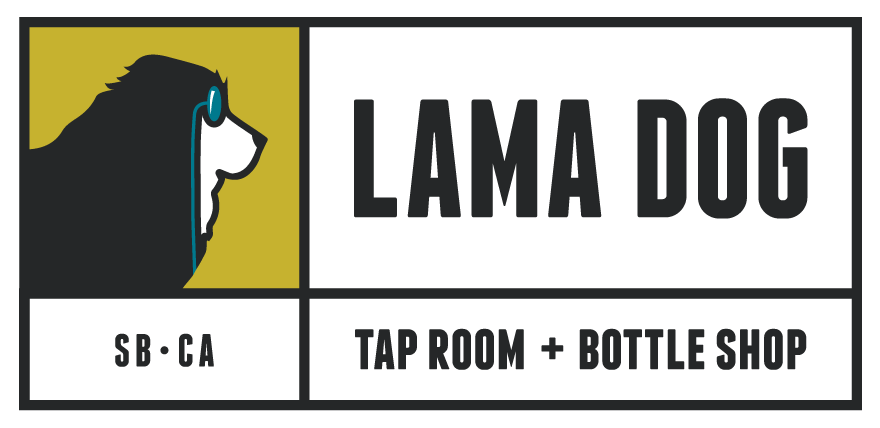To Keep or To Drink. How and when to age beer.
Does beer expire? Should I age this imperial stout? If an IPA is two years old, can I still drink it? Have you ever asked yourself or your friend who is a self-proclaimed beer cognoscenti these questions or something like it? We are going to do our best at clearing these questions up for you! Let’s get into it.
First, let’s talk about the life of a beer. To clear the air on this one from the beginning, yes beer does expire, all beer will see its last day at some point. Now, the fine print on the topic. Most beer that is consumed on a regular, IPA’s, Pale Ales, Hoppy Lagers, Amber Ales, Brown Ales, everyday drinking beer styles, basis expires somewhere within 60 to 120 days. We recommend that beers, in general, are consumed as soon as possible. During the natural aging process of beer, most ingredients with more subtle flavors will start to diminish. Hoppy flavors are a good example. Here is a little science experiment for you. Grab a can of your favorite IPA, make sure it’s available year-round. Save it for 4 months and grab the same beer, but real fresh. These beers should beer noticeable different. It should be very clear which one is older. Shout out to Sierra Nevada Pale Ale though, that beer can be 100 days old, warm on a shelf in Walgreens, and still taste good. Not sure how to check how old the can is? On most cans and bottles, there should be a DRINK BY or CANNED ON date. That’s your reference.
Okay, now on to the topic of beers to age. First thing we recommend is have a space you can put them in that is as close to cellar temperature, somewhere between 50-55 degrees
Fahrenheit is the sweet spot. Warmer temperatures age beer much quicker, avoid them if you can. Generally, beers with higher alcohol by volume, or ABV, age better than lower ABV beers. The higher alcohol content will help fight against oxidation. Higher ABV beers are generally, not always, malt balanced beers, with the emphasis or intentions of the brewers being to showcase the malt they used. Of course, these beers have almost always have some hops, but just like any other beer, the flavors coming from the hops will fade with time. Also, wild beers in general age well. These beers are going to contain wild microbes like lactobacillus, pediococcus, brettanomyces.
So, age your beers if you want to. But make sure to pay attention to how they taste, try to, if you can, have a reference for what it tastes like when its fresh. How else will you know what happened to the beer overtime unless you drink it yourself. Cheers!
